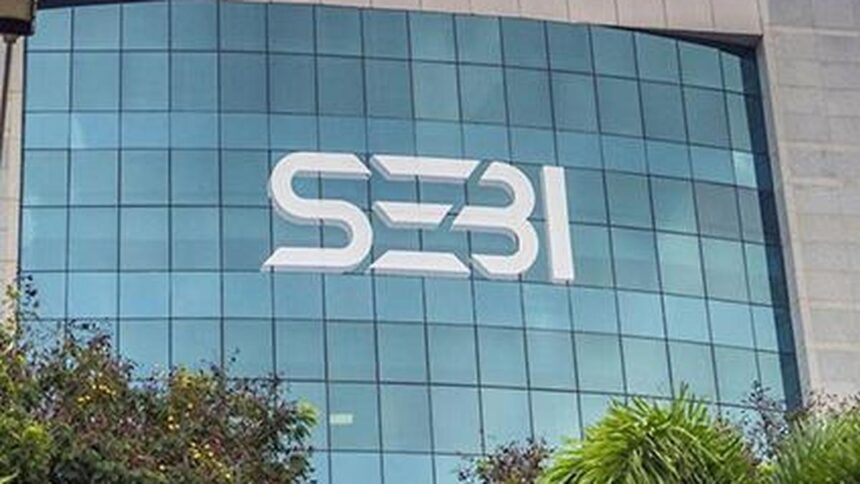The Securities and Exchange Board of India (SEBI) has announced plans to overhaul its mutual fund regulations, aiming to simplify a framework that has evolved over nearly thirty years and to enhance investor protection.
According to a draft paper released on Tuesday, SEBI stated that the mutual fund rulebook has grown “voluminous and complex” due to successive amendments. To address this, the regulator has embarked on a comprehensive review of the Mutual Fund Regulations, intending to make them more comprehensible and easier to implement.
The proposed changes encompass significant adjustments in governance, compliance, disclosure, and expense structures. One notable revision is the elimination of an additional 5 basis points (bps) expense that asset management companies (AMCs) were permitted to charge on schemes with exit loads. To mitigate this change, SEBI has slightly increased the base expense ratio for open-ended schemes by 5 bps.
Furthermore, SEBI has suggested reducing the brokerage caps for cash transactions from 12 bps to 2 bps, and for derivatives from 5 bps to 1 bps. This is intended to prevent the scenario where investors effectively pay twice for research services that are bundled with trading commissions.
In a move towards greater transparency, all statutory levies, including GST, stamp duty, and securities transaction tax, will be excluded from the total expense ratio (TER) limit going forward.
To ease compliance burdens, mutual funds will no longer need to submit hard copies of advertisements to SEBI or publish certain notices in newspapers. Communication with investors can now be conducted digitally, and the half-yearly portfolio disclosures will be combined with monthly reports to eliminate redundancy.
Moreover, SEBI has clarified eligibility criteria for sponsors and trustees, removed redundant categories such as capital protection-oriented and real estate mutual fund schemes, and proposed clearer definitions for terms like TER and “independent trustees.”
For asset management companies offering non-pooled or non-broad-based funds, SEBI has mandated that these offerings be conducted through a separate business unit, with key employees organized separately and under board-level oversight to manage potential conflicts of interest.
SEBI is inviting public comments on the draft regulations until November 17.










